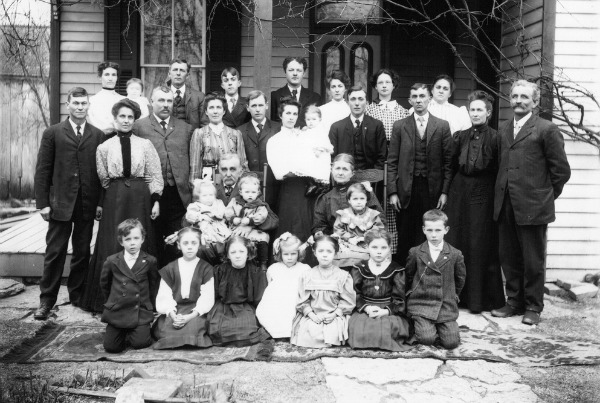Unusual Terms for Your Family Tree
In many languages, what we call our family members is dependent on age and gender and can get pretty complicated to the non-native speaker. In comparison, the English words we use can seem pretty straightforward. Typically, English uses mom and dad, brother and sister, aunt and uncle, grandma and grandpa, etc. And words such as ‘cousin’ are used generally and can refer to a male or female cousin from your maternal or paternal line.
Seems pretty easy right? But did you know that there were once other words used describe the folks in our family tree? While some of these words have largely fallen out of use, a couple can still be seen today.
Check out a few of them below:
1. Modrige
Your mother’s sister. This Old English word for your maternal aunt can also be used to refer to a female cousin.
2. Eam or Avuncle
Both of these words refer to your mother’s brother. The Old English “eam” eventually became “eme” in Middle English and took on a more general meaning of uncle or friend into the 19th century. The Latin “avuncle” is the root word for “avuncular,” which means “having to do with uncles” or “uncle-like.”
3. Fadu
Old English for your father’s sister. Your father’s brother would be called your “fœdra.”
4. Niblings
These are your nieces and nephews. It’s an easy and neutral means to refer to your siblings’ children in a collective way. The term is similar to the use of “siblings” to refer to a group of brothers and sisters.
5. Double Cousin
This occurs when a pair of siblings marries another pair of siblings. Their children become double cousins because they share all four grandparents. By the way, double second cousins can arise in two ways: from two first cousin relationships among their parents or from one double first cousin relationship between their parents.
6. Patruel
Old English for the child of your uncle. Called first cousin today, “patruel” was a common term in royal families during the Renaissance when keeping track of succession rights.
7. Snoru
The wife of one’s son or what we would call today, your daughter-in-law.
Image: Miami University Libraries








 Genealogy Discussions
Genealogy Discussions Genealogy Projects
Genealogy Projects Popular Genealogy Profiles
Popular Genealogy Profiles Surnames
Surnames The Geni Blog
The Geni Blog The World Family Tree
The World Family Tree